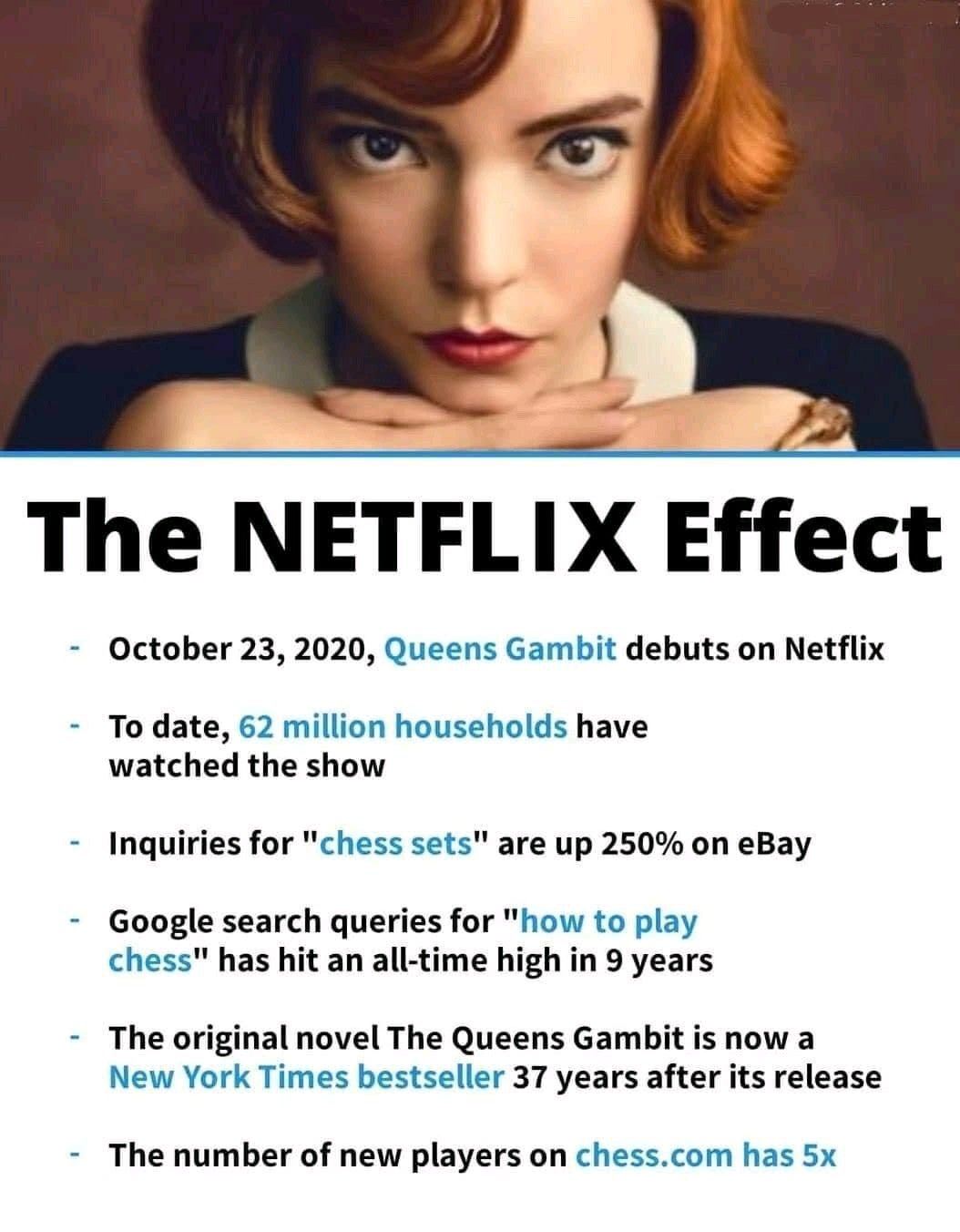
Holidays and events that drive online sales all year round
Holidays have always been a golden opportunity for retailers to boost sales and drive more revenue. With the recent events – a worldwide pandemic of Covid-19, the digital transformation trend has accelerated dramatically as more and more consumers prefer to shop from the sofa and avoid crowded stores and malls.
2020 was a record year in terms of ecommerce growth, and this trend is here to stay. Since competition among online sellers is also increasing, you should use every opportunity to get the largest possible piece of the ecommerce cake for yourself.
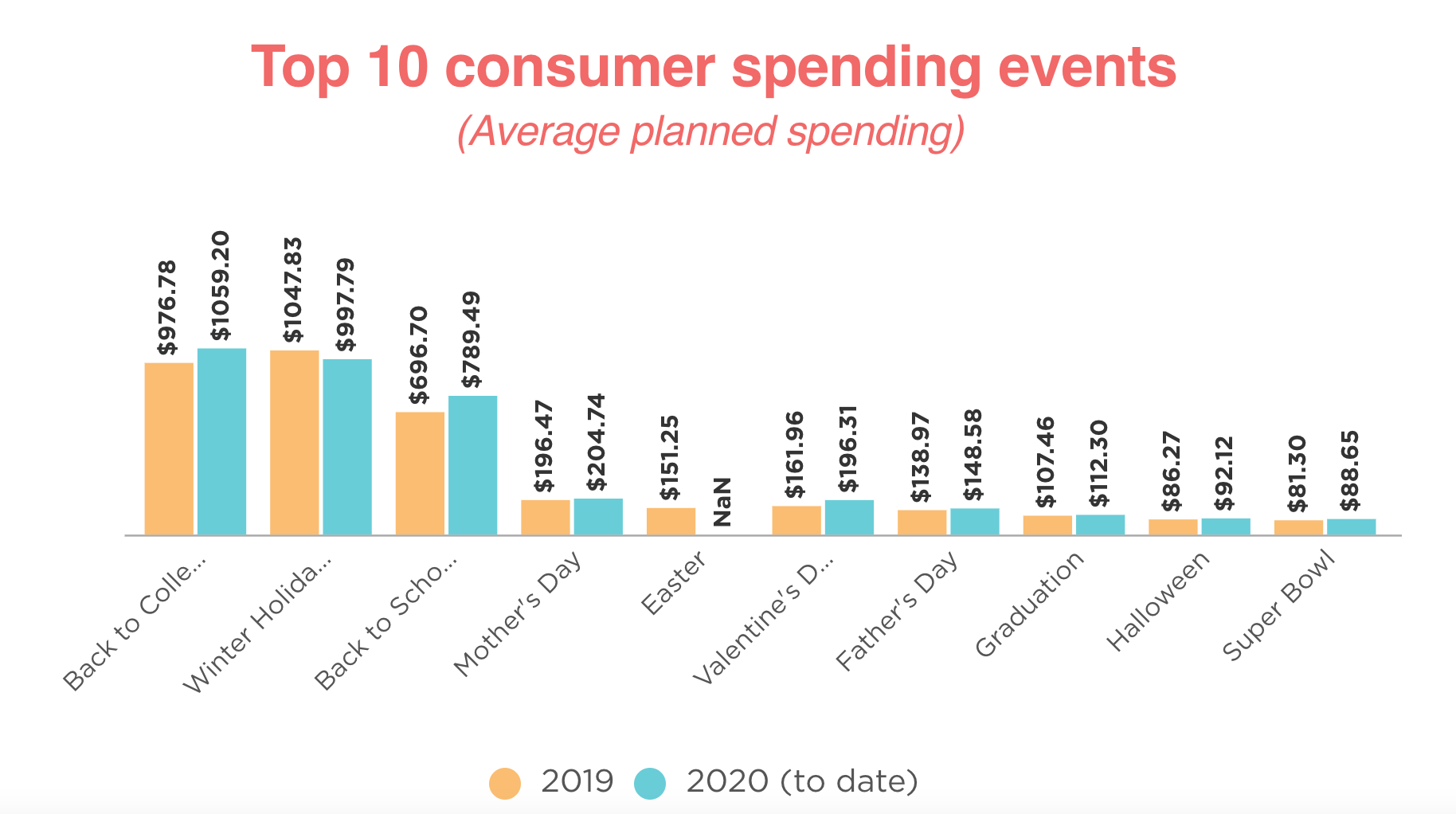
Biggest Spending Days
Q4 & Winter Holidays
Q4 is jam-packed with big sales events such as Thanksgiving, Black Friday, and Cyber Monday. Followed by holidays, which include events like Hanukkah, Christmas, and Kwanzaa. According to the National Retail Federation, 87% of consumers in the US celebrate at least one of the winter holidays.
On Black Friday, consumers spent $6.3 million per minute online, or $27.50 per person, on average.
“Through Cyber Monday, 2020 has been the largest holiday shopping season so far in our company’s history thanks to customers around the world,” – Amazon
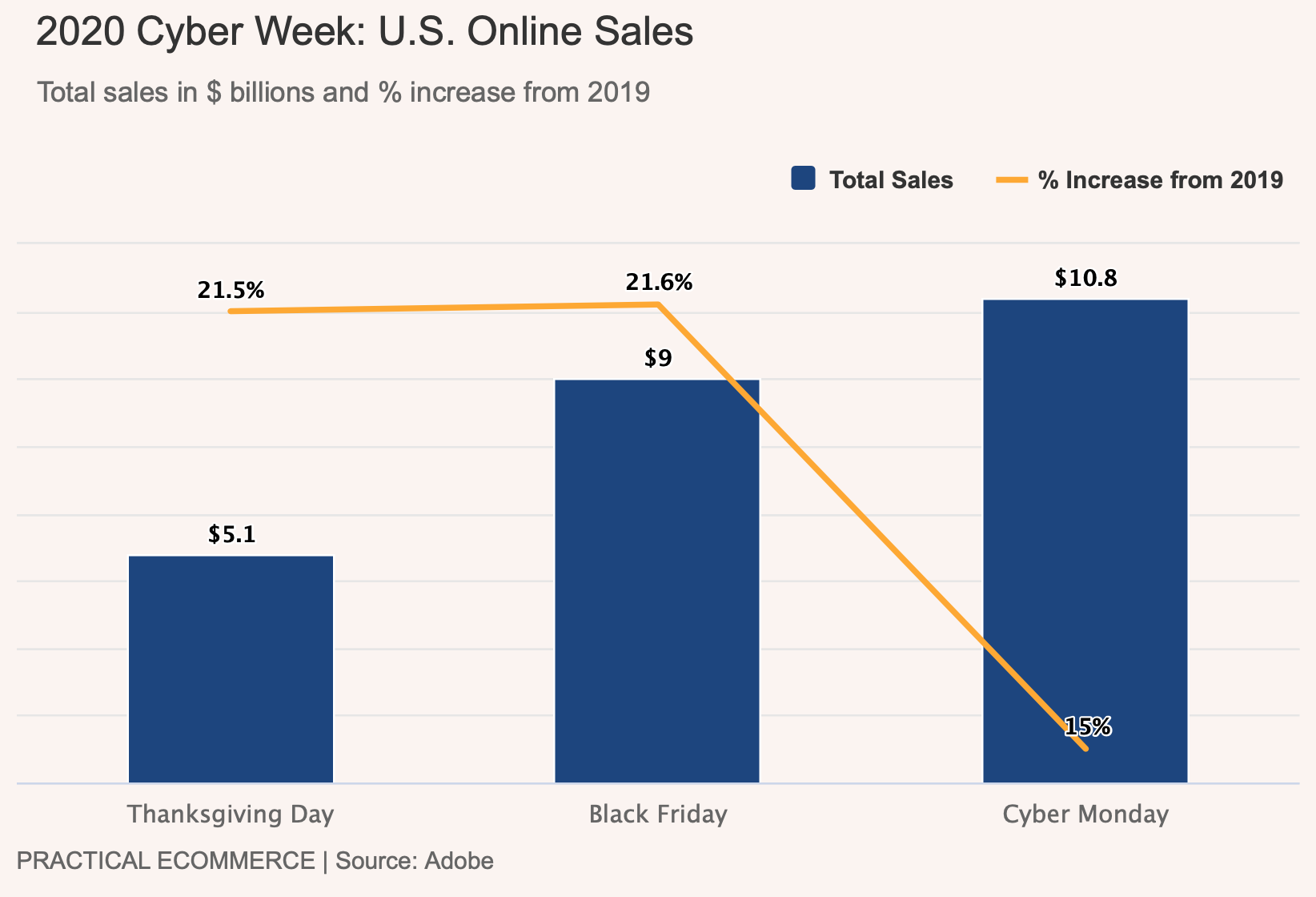
Singles Day
If you think Black Friday and Cyber Monday are the world’s biggest online sales holidays, you’re wrong. The Chinese Singles Day wins this battle with a new record set in 2020. Alibaba and JD.com racked up around $115 billion in sales across their platforms during the Singles Day shopping event, which extended beyond just a 24-hour period and the promotions ran from November 1 through November 12.
This is a huge opportunity not only for Chinese retailers. Foreign brands are a big focus, especially in a year like 2020 when travel restrictions did not allow Chinese shoppers to purchase products abroad. According to Alibaba, out of 250K brands that participated in the Singles Day event this year, 31K were from overseas and the United States was the top country selling to China.
Amazon Prime Day
In 2020 Amazon sold $10.4 billion worth of goods on Prime Day, up 45.2% from 2019. On this day, marketplace sellers see spikes in their sales by up to 80% and that is not just from Amazon as shoppers look for deals on other retail sites as well.
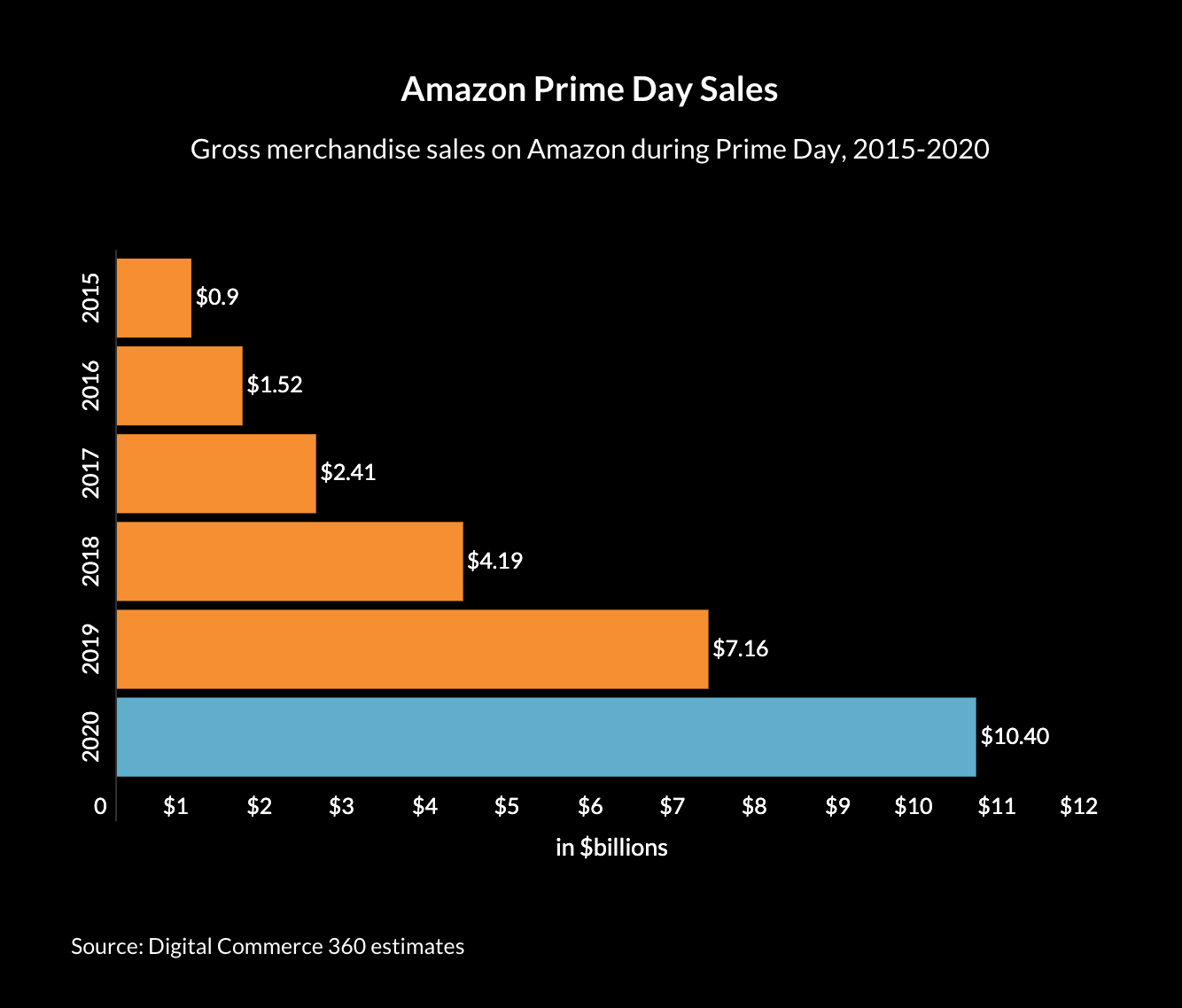
Gift-giving holidays
Besides the Holiday Season at the end of Q4 there are several other gift-giving occasions celebrated around the world on different dates. Let’s use Spain as an example. Even though they celebrate Christmas there, the gifts are delivered on January 6th by Reyes Magos (the Three Kings). On the same day, people in Russia and some other Eastern European countries celebrate Orthodox Christmas. Every country has its own set of holidays and traditions so if you sell internationally, it’s worth researching the opportunities in different markets.
Valentine’s Day
Over 50% of consumers in the US celebrate Valentine’s Day and each of them spends on average nearly $200 on gifts for their loved ones. And it is not only about gifts for one’s significant other, but also friends, family members, colleagues, and even pets.
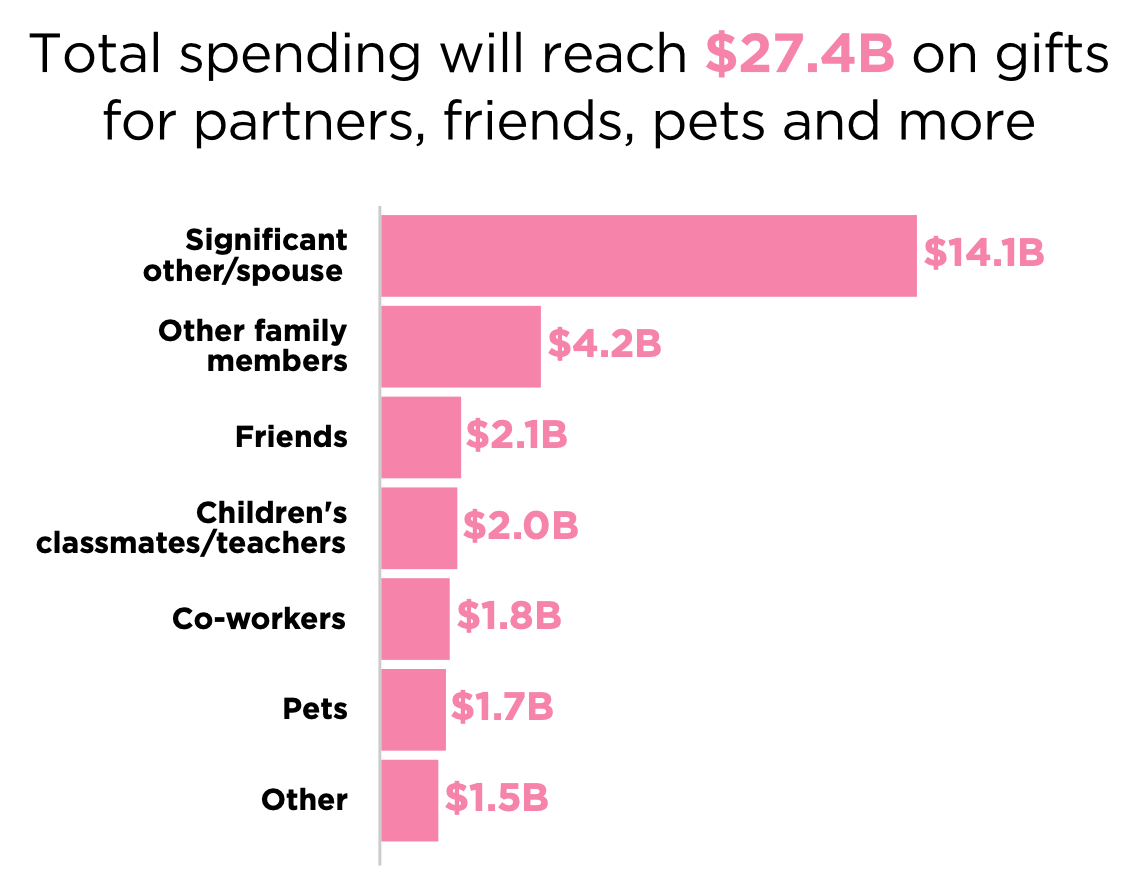
Valentine’s Day is celebrated not only in the US but in many other countries around the world. However, it’s worth noting that the Chinese Valentine’s Day falls on August 14.
Mother’s Day
According to the National Retail Federation, 80% of Americans celebrate Mother’s Day and spend on average over $200 (a total of ca. $25 billion). Mother’s Day is celebrated all across the globe, in different countries, however, on different dates. For most, it’s the second Sunday of May, but there are over a dozen other dates. So if you sell globally and your merchandise makes a good gift for mums, you have lots of sales possibilities throughout the whole year.
Father’s Day
Americans tend to spend around $16 billion on gifts for their fathers. Most countries celebrate it in June but like in the Mother’s Day case, there are a lot of different dates in different parts of the world.
Other Holidays
Halloween
Celebrated by over half of Americans, Halloween brought $8.8 billion in spending in 2019. And it’s popular not only in the US anymore. Many other countries celebrate Halloween in some way giving the retailers additional sales opportunities.
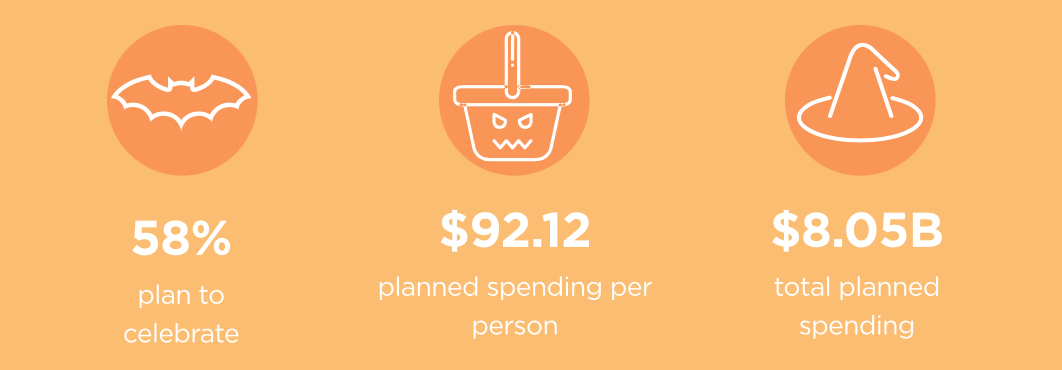
Independence Day
Celebrated by over two-thirds of US consumers, each of whom on average spends over $70 on this occasion, the Independence Day is a $6.7 billion sales opportunity.

Saint Patrick’s Day
Originally an Irish holiday, that is now celebrated in the US and many other countries has become a significant spending day with a record $5.9 billion in 2018.
Blue Monday
This is the most depressing day of the year according to calculations that include factors like weather conditions, debt level, time after Christmas, time since failing our new year’s resolutions, low motivational levels, and feeling of a need to take action. And what better lifts up one’s mood than a little shopping? The data, collected and statistically analyzed by EmpathyBroker from one of the world’s largest fashion retailers, shows that the number of searches on Blue Monday compared to an average Monday rose by 26% in 2017 and 32% in 2018.
Fun Holidays
National Hangover Day, Yoga Day, Hat Day, Bavarian Cream Pie Day, you name it. There’s a whole lot of little known holidays that you can take advantage of. Every day is a day of something that can inspire a successful marketing campaign. So make your research and get creative. But do be careful and choose wisely, only go for the occasions that actually go well with your business.
Seasonal changing
Changing seasons sales, wedding season, graduation, back to college, and back to school – all these create opportunities for boosting your online sales, even if your merchandise does not fit into them in an obvious way.
According to the National Retail Federation, US parents with children in elementary school through highschool spend an average of $790 per family and this amounts to $34 billion total spendings on back-to-school necessities.
It worth noting, that this is all the other way round in the Southern Hemisphere, and back-to-school season in Australia and New Zeland falls at the end of January or beginning of February.
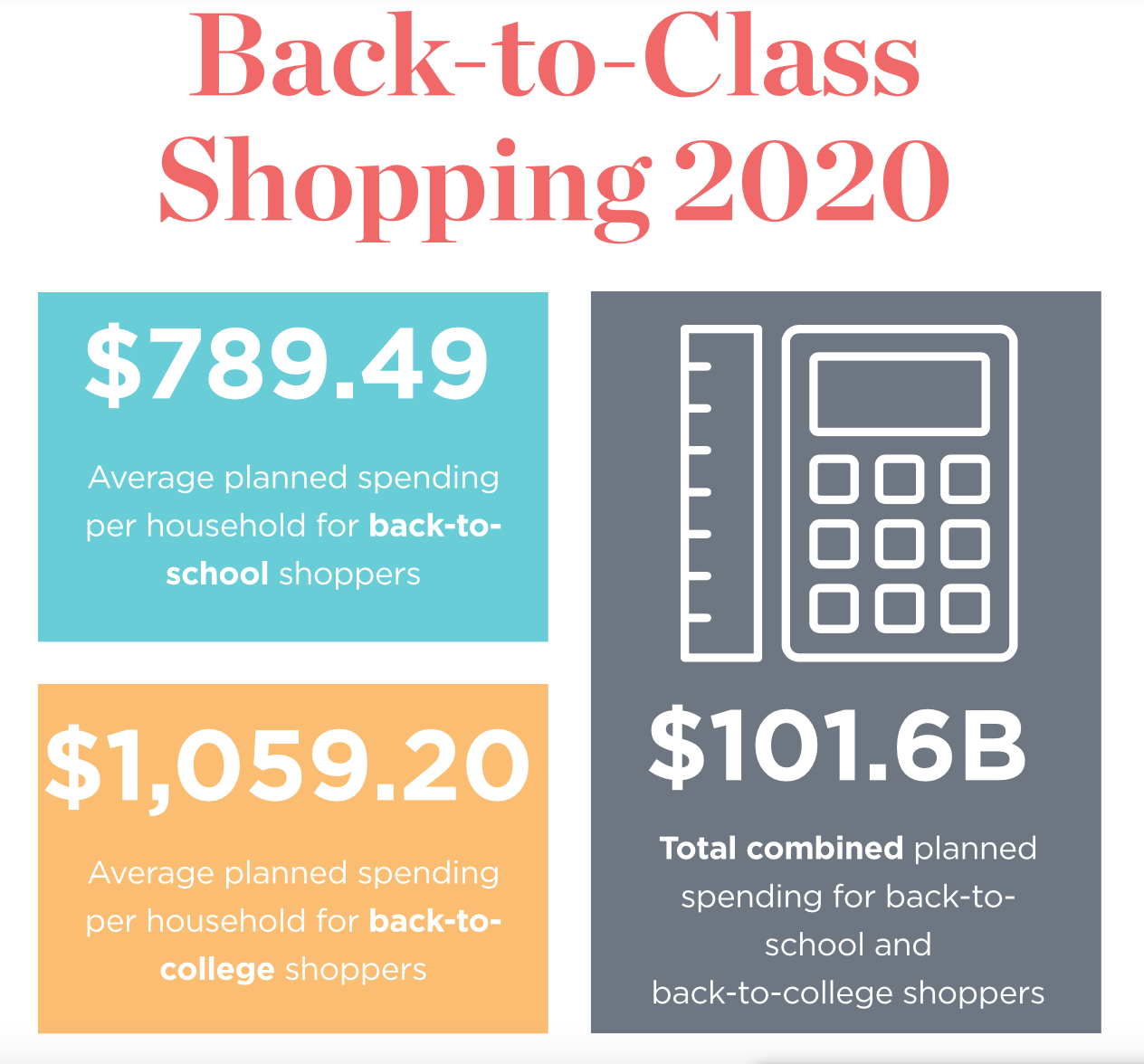
Events
Each year there are recurring cultural events like Grammy’s and Oscar Awards, music festivals like Coachella. Sporting events like the Olympic Games or the Soccer World Cup happen once every four years and are a big thing among sports fans. All these present opportunities for online sellers. It’s enough to mention Super Bowl, which every year is watched by 200 million people and each of them on average spends $90 for the occasion.
Besides the recurring events, there are also one-offs such as premieres of movies, series, video games, etc. It’s definitely worth to be up to date with what has a lot of hype in a given niche and take advantage of what is already called the Netflix effect.
As you can see, there are plenty of sales-boosting opportunities throughout the year. Those will vary for different markets and industries but surely there is a lot that you can use to your advantage.
Now it’s time to:
- run through all the calendar sales dates and find your opportunities
- research what your competition has done in the past
- look for inspiration from outside of your category as well
- be creative but reasonable
- plan in advance and remember that an overnight success of holidays like Black Friday come from all year’s work and preparation

